The US government may be forced to return tens of billions of dollars to companies that have paid import fees this year, plus interest, if Donald Trump loses his Supreme Court fight over tariffs. The Atlantic reported that the longer the verdict is delayed, the higher the refunds could go, possibly even hitting $1 trillion. This development has significant implications for tech companies, both large and small, as a Trump defeat would not only mean clawing back any duties paid on imports to the US that companies otherwise can use to invest in their competitiveness but also end tariff shocks that risk harming innovation itself by destabilizing global partnerships and diverse supply chains in tech-intensive, IP-led sectors like semiconductors and software.
According to economics lecturer Matthew Allen, who emphasized this point in a report for The Conversation, the tariff shocks imposed by Trump's administration have risked harming innovation by destabilizing global partnerships and diverse supply chains in tech-intensive, IP-led sectors. Allen noted that this could have long-term consequences for the US tech industry, making it more challenging for companies to invest in research and development and remain competitive in the global market.
The Supreme Court is currently weighing two cases that argue that the US president does not have unilateral authority to impose tariffs under the International Emergency Economic Powers Act (IEEPA). This challenge to Trump's authority to impose tariffs has been ongoing for several months, with the Supreme Court's decision expected to have far-reaching implications for the US economy and global trade.
The potential refunds of $1 trillion would be a significant blow to the US government's finances, and it remains to be seen how the administration would handle such a large payout. The refunds would be made to companies that have paid import fees on goods imported to the US, with the amount of the refund depending on the length of time the tariffs have been in place.
The stakes are particularly high for tech companies, which have been among the hardest hit by Trump's tariffs. Companies like Apple and Intel have been forced to absorb the costs of the tariffs, which have added to their expenses and made it more challenging for them to invest in research and development.
As the Supreme Court weighs the two cases, the tech industry is holding its breath, waiting to see what the outcome will be. If Trump loses the case, it could have significant implications for the US tech industry, making it more challenging for companies to invest in research and development and remain competitive in the global market.
The current status of the case is that the Supreme Court is reviewing the two cases, with a decision expected in the coming months. The outcome of the case will have far-reaching implications for the US economy and global trade, and it remains to be seen how the administration will handle the potential refunds of $1 trillion.



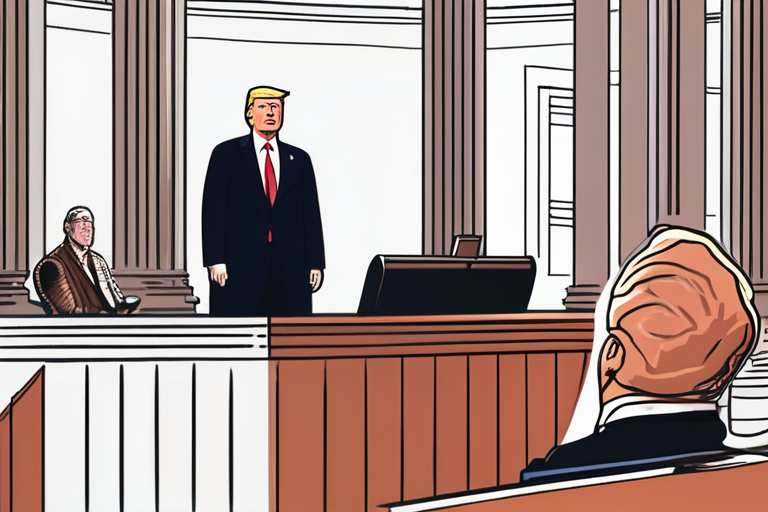
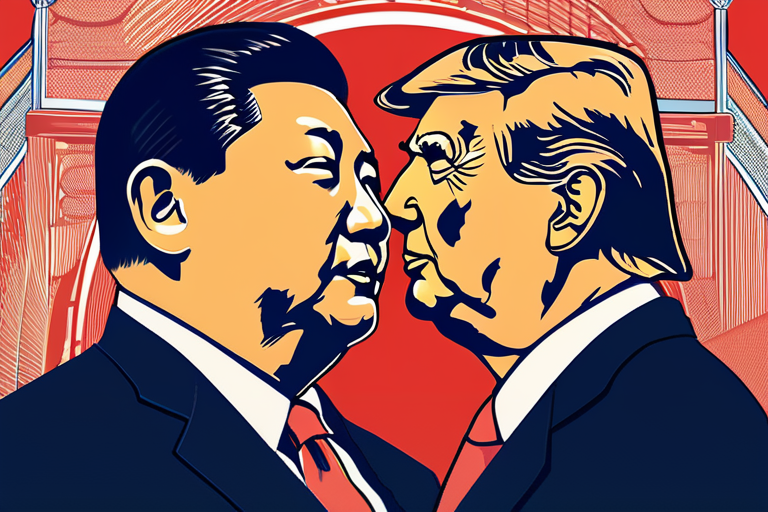
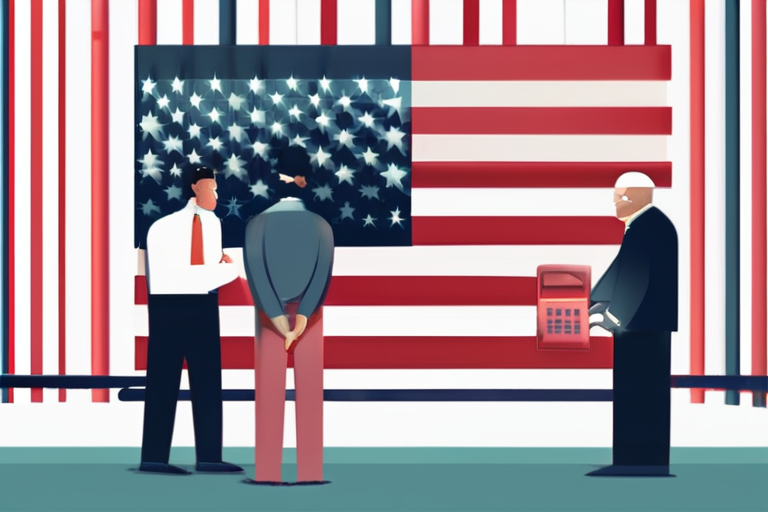
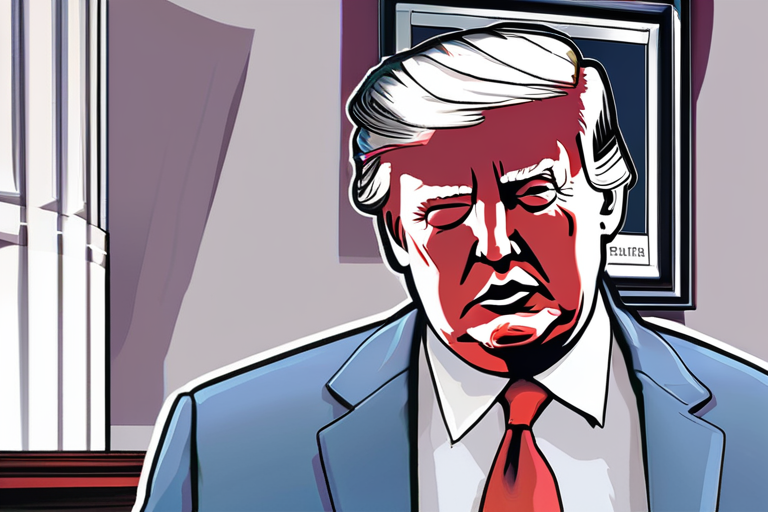
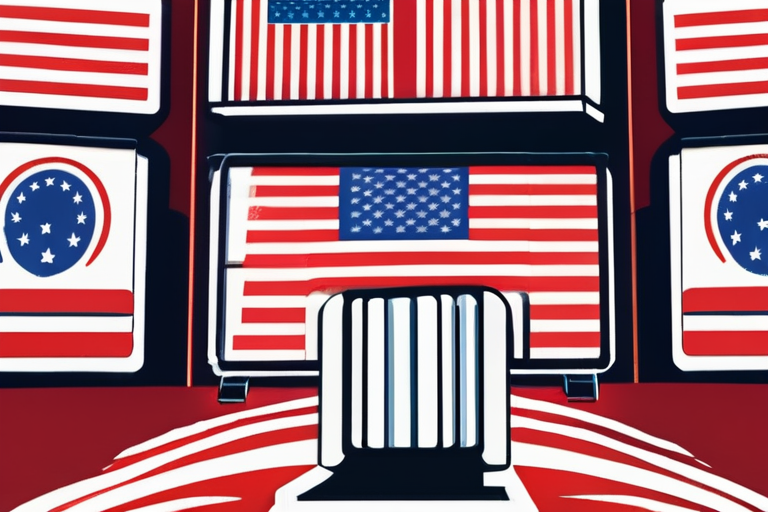


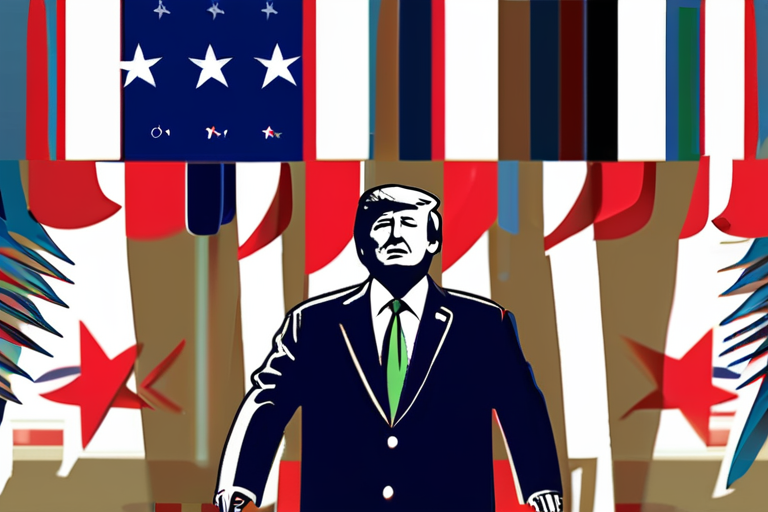
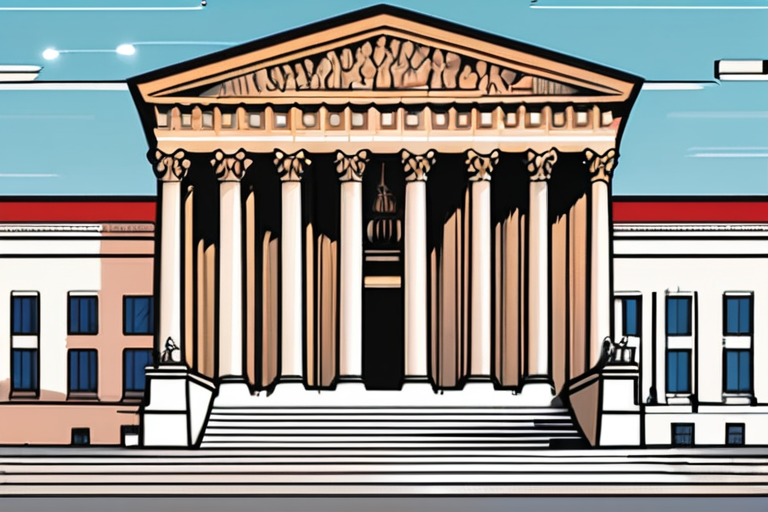


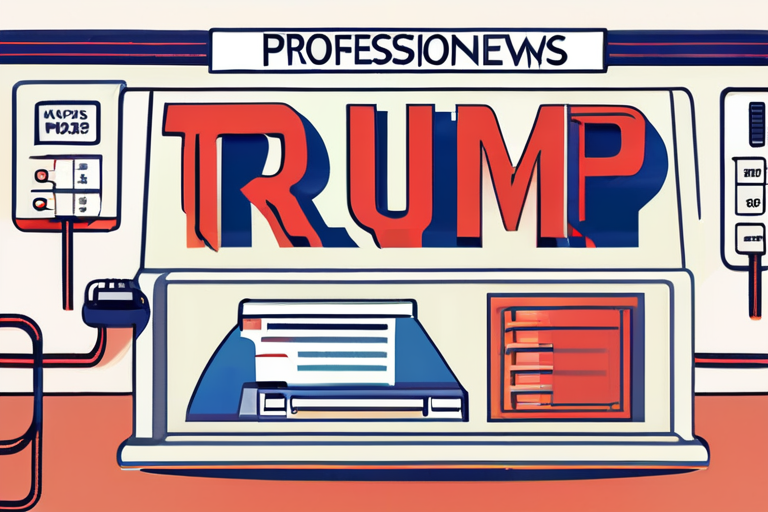

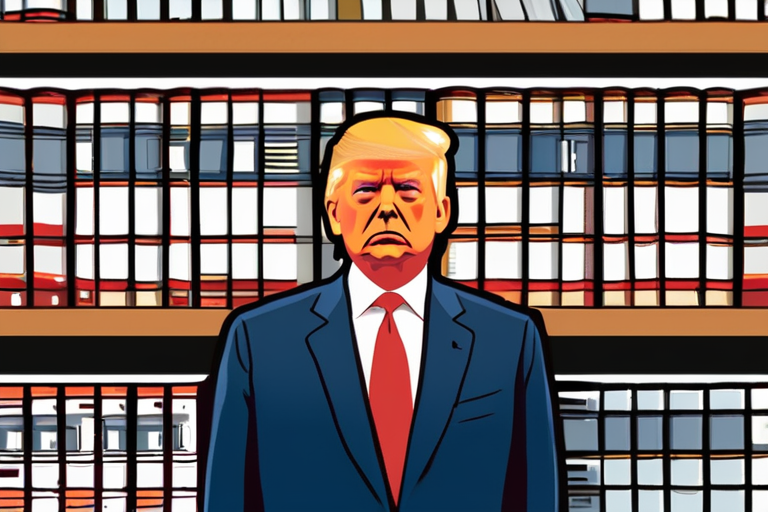
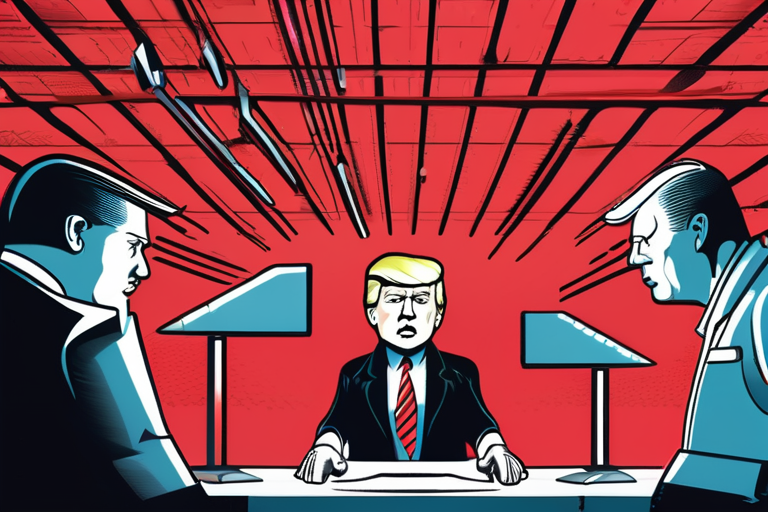
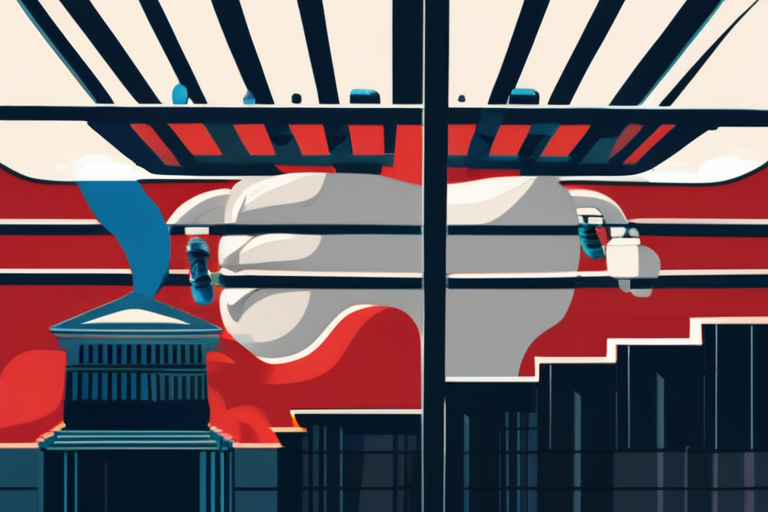
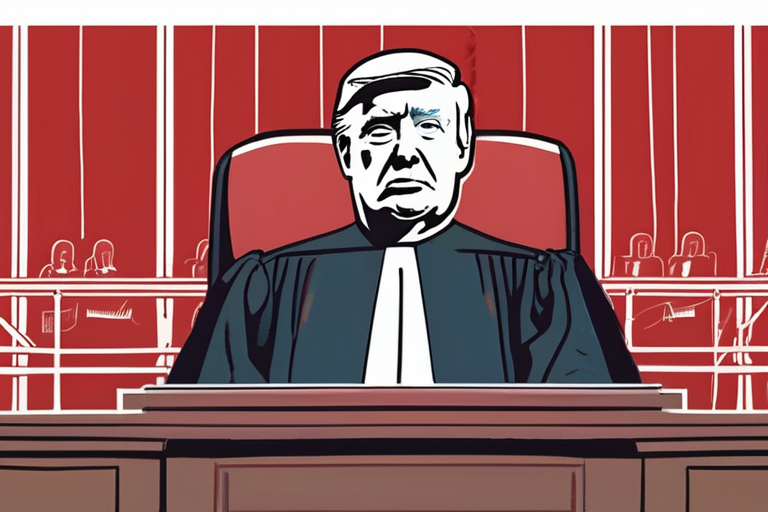
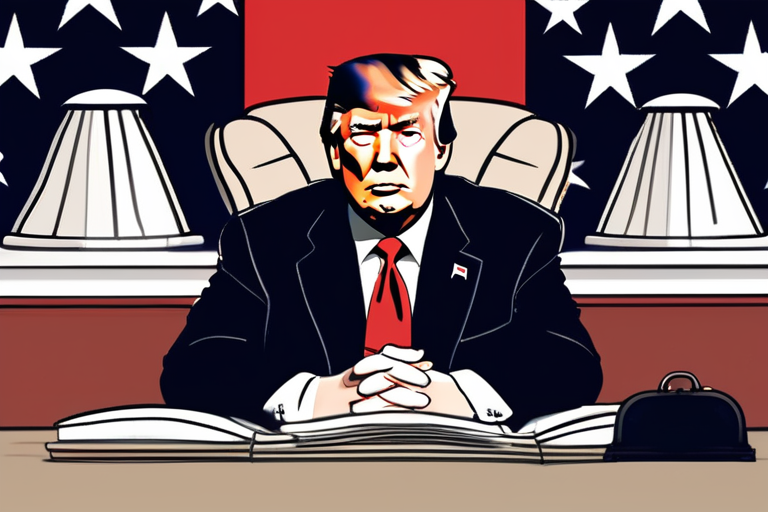
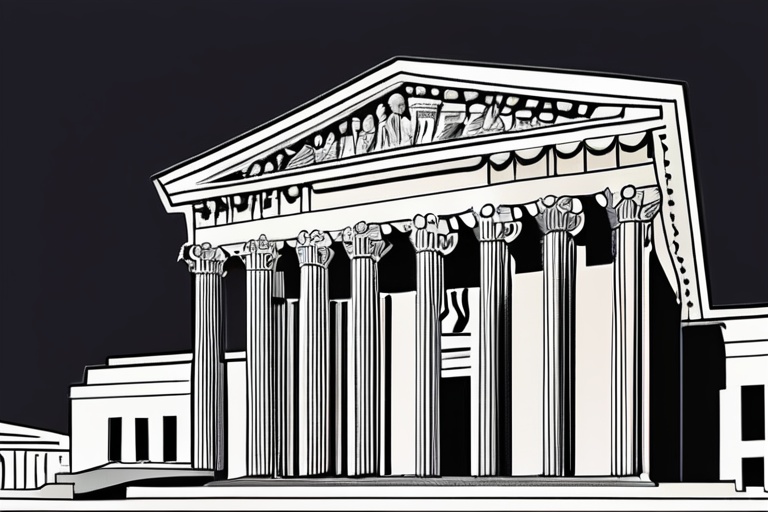


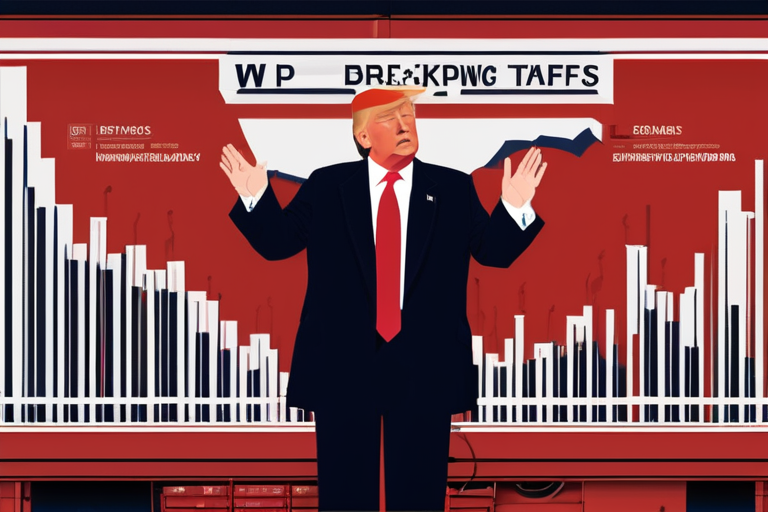

Share & Engage Share
Share this article